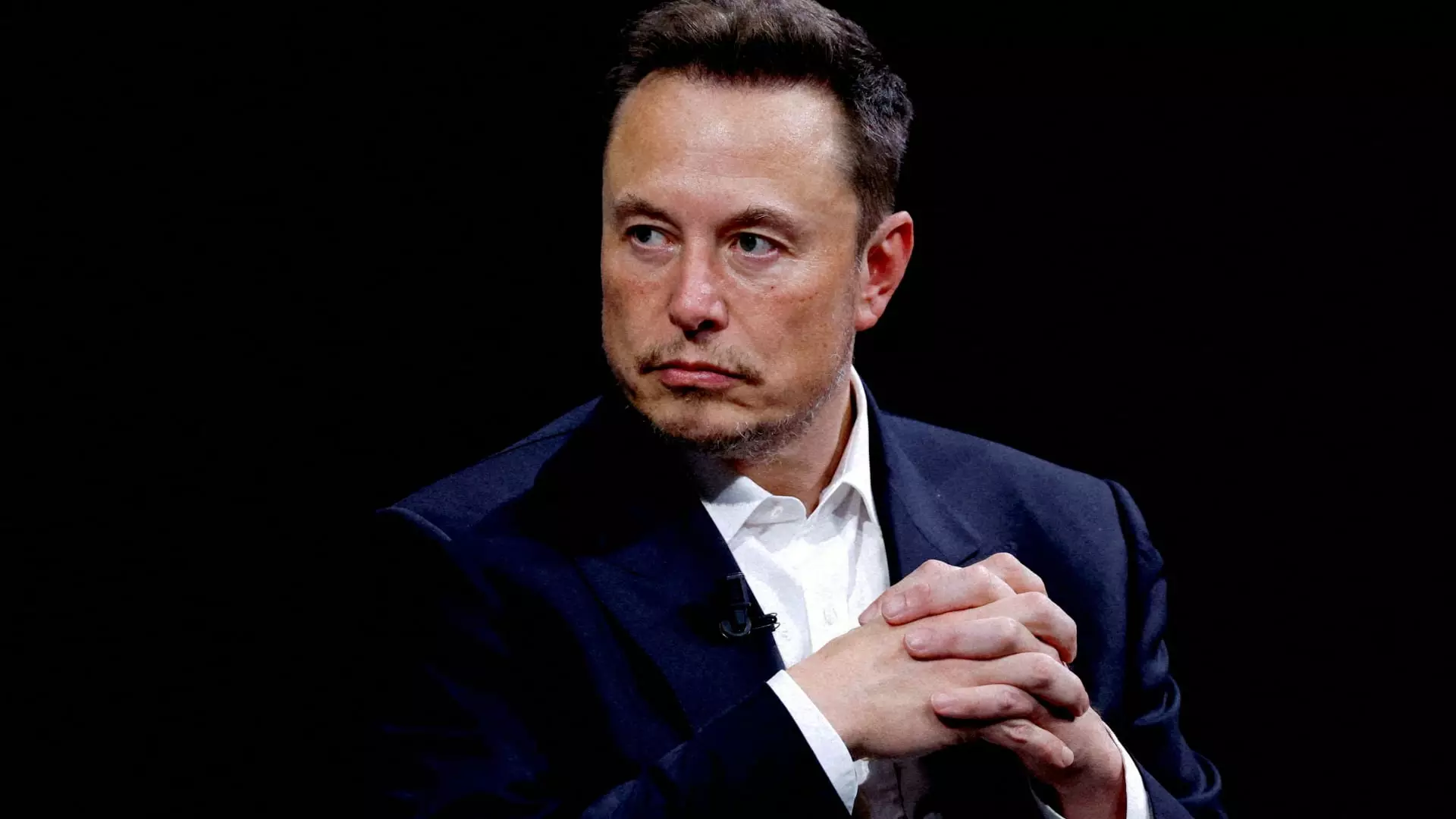Local Chinese authorities have removed restrictions on Tesla cars after the company’s China-made vehicles passed the country’s data security requirements. This significant development came amidst Tesla CEO Elon Musk’s unexpected meeting with Chinese Premier Li Qiang in Beijing, coinciding with the first major auto show in the city in four years. The removal of restrictions is a positive step for Tesla in China, where its electric cars are extremely popular among consumers.
Tesla’s press release did not specify which local authorities had lifted the restrictions on the cars. However, it was reported that Tesla’s Model 3 and Model Y, along with several new energy vehicles from other manufacturers like BYD, Lotus, Nezha, Li Auto, and Nio, had also passed China’s data security requirements. These new data security rules for “connected vehicles” were introduced in November, focusing on the collection and processing of data within the car. Automakers had to voluntarily submit their cars for inspection to ensure compliance with the regulations.
Tesla was among the first batch of automakers to meet the data compliance requirements in China. The company stated that it localized data storage in 2021 at its Shanghai data center and passed the ISO 27001 international standard for information security after a review by third-party auditors. This demonstrates Tesla’s commitment to data security and privacy, crucial aspects in the modern automotive industry.
Elon Musk’s visit to China raised expectations that Tesla’s driver-assist software Full Self Driving (FSD) would soon be available in the country. However, experts like JL Warren Capital CEO and Head of Research Junheng Li expressed skepticism about the rollout of FSD in China. Li highlighted the challenges for Tesla to support the local operation of the software as a foreign entity in China and suggested that there may be limited strategic value for Beijing to prioritize FSD over domestic alternatives like Xpeng’s driver-assist software.
Despite the positive developments regarding data security requirements, Tesla decided not to exhibit at this year’s auto show in Beijing. This decision follows an incident at the auto show in Shanghai in 2021, where a protester stood on one of Tesla’s cars. The Beijing auto show typically alternates between Beijing and Shanghai on an annual basis, and the 2022 event was canceled due to the Covid-19 pandemic. Premier Li’s visit to local companies at the auto show emphasized the importance of innovation and consumer demand in driving production within the Chinese automotive industry.
The removal of restrictions on Tesla cars in China following the compliance with data security requirements marks a significant milestone for the company in one of its largest markets. However, challenges remain for the introduction of its Full Self Driving software in the country, as Tesla navigates the complex regulatory landscape and competition from local players. The decision not to participate in the Beijing auto show reflects Tesla’s strategic considerations amidst a rapidly evolving market environment in China.

